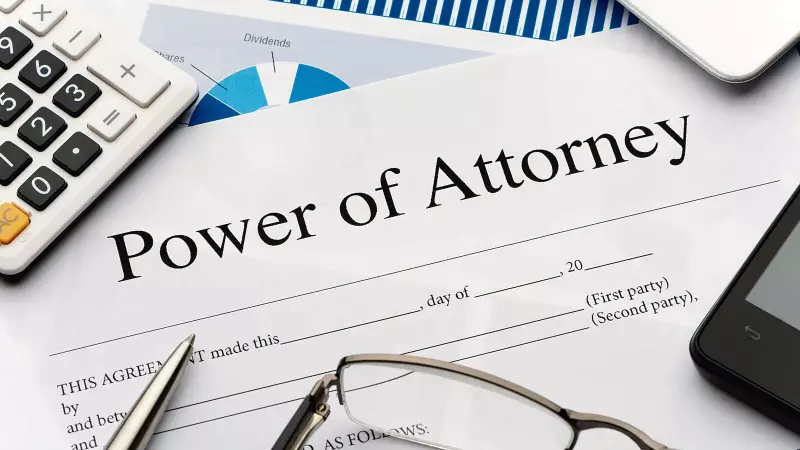
When a property owner becomes mentally incapacitated, families often face a critical question: Can a Power of Attorney (POA) still be used to sell the property? This legal dilemma has significant implications for countless Indian families navigating property transactions during health crises.
The Legal Landscape: When POA Loses Its Power
Legal experts emphasize that a Power of Attorney becomes invalid the moment the principal (property owner) becomes mentally incapacitated. This isn't just legal theory—it's a fundamental principle upheld by Indian courts, including the Supreme Court.
"The authority granted under a Power of Attorney is contingent on the principal's mental capacity," explains senior property lawyer Ramesh Vaidyanathan. "Once the principal loses the ability to make rational decisions, the POA automatically ceases to be effective."
Why This Legal Principle Matters
This isn't merely technical legal jargon. The implications are profound:
- Property transactions become void: Any sale conducted through POA after the owner's mental incapacity can be challenged and overturned
- Buyers face significant risk: Purchasing property through such POA could mean losing both the property and your investment
- Legal battles become inevitable: Families often end up in prolonged court disputes over property rights
The Safe Alternative: Court-Appointed Guardian
When a property owner becomes mentally incapacitated, the appropriate legal route involves approaching the court for appointment of a guardian. This process, while more involved, provides legitimate authority to manage the incapacitated person's affairs, including property.
"The court-appointed guardian route ensures transparency and protects everyone's interests," says family law expert Priya Menon. "It prevents exploitation and maintains the integrity of property transactions."
Practical Steps for Families
- Document medical condition: Obtain comprehensive medical certification of mental incapacity
- File guardianship petition: Approach the appropriate court with necessary documentation
- Wait for court order: The court will appoint a guardian after due process
- Proceed with transactions: Only then can property matters be legally addressed
Key Takeaways for Property Buyers
If you're considering purchasing property through POA, due diligence is non-negotiable. Verify the mental capacity of the original owner and ensure all legal requirements are met. Remember: a seemingly good property deal could turn into a legal nightmare if the POA isn't valid.
This legal safeguard exists for good reason—it protects vulnerable individuals from potential exploitation while ensuring property rights are respected through proper legal channels.






